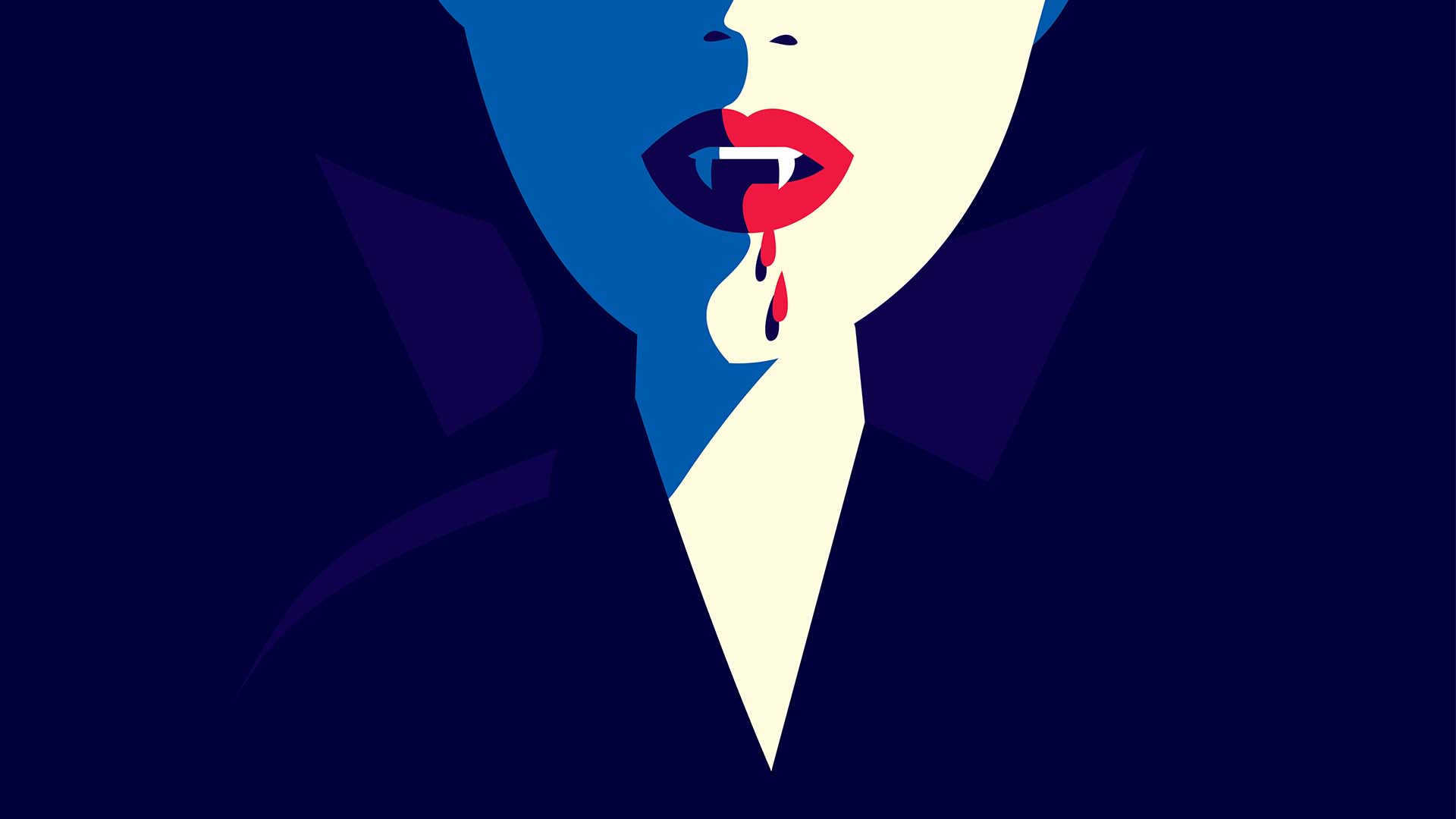A beginner’s guide to David Lynch
The great director may be gone, but it’s never too late to discover his enigmatic and compelling movies.

The cinematic world lost a true original last week.
David Lynch held a masterful grip on cinema for five decades, developing a signature style of filmmaking that remains elusive, bizarre and wonderful. He is one of few filmmakers whose name became an adjective (“Lynchian”) within his lifetime.
RED asked Vincent Piturro, Ph.D., professor of Film and Media Studies at Metropolitan State University of Denver, to craft a list of five movies that, seen in order, might act as an introduction to one of cinema’s greatest and most elusive filmmakers.
‘The Elephant Man’ (1980)
This biographical drama, based on the tragic life of a severely deformed man in Victorian London, serves as a great entrée into Lynch, since it is a straightforward narrative film. Watching it, you see an expert filmmaker in full control of all the technical requirements of great cinema and classic storytelling techniques, who knows how to expertly weave those elements together.
Lynch was a student of film and film history, and this film demonstrates how all that experience and learning paid off. Even amid this fairly conventional narrative, you can see the unique filmmaking talent that Lynch would become.
RELATED: Forgotten film rises from the dead
‘Eraserhead’ (1977)
Lynch’s utterly weird and wacky debut feature film leans hard into the expressionistic and surrealist strains that would later define much of his career. Its main character is a man terrified of parenthood, who then fathers a mutant, lizardlike infant whose endless wailing drives him insane.
If you have never seen a David Lynch movie but have heard about his strange and discomfiting work, there’s a fair chance you heard people talking about this film. “Eraserhead” is heavy with the broad strokes of his style, featuring his signature surrealism and sexual undertones, with a grisly dash of body horror and a healthy heaping of otherworldliness. It’s a work of extraordinary craft and beauty and deservedly became a cult sensation following its release.

‘Blue Velvet’ (1984)
Lynch really found his stride with this neo-Noir thriller, which in many ways helped define his inimitable style. It begins oddly enough, with the protagonist discovering a severed ear in an abandoned field, and things inevitably spiral from there.
All the key Lynchian ingredients are here: surrealism, violence, sex, chance happenings, expressionistic lighting, disjunctive editing, literary references and elliptical storytelling. And as with “Eraserhead,” it is consistently outlandish and disturbing from the beginning and never lets up. For viewers, the genius of “Blue Velvet” is that it leaves you both guessing and yet feeling strangely satisfied.
RELATED: The best movies you’ll ever read
‘Lost Highway’ (1997)
With this haunting classic, Lynch further honed his stylistic flourishes while tripling down on all the key elements and themes that had distinguished his work so far. Returning to his love of Noir, the director upped the ante with a twisty Hitchcockian narrative that centered on an innocent man (possibly — this is Lynch, after all) accused of murdering his wife.
The movie’s two intersecting stories include some of the most bizarre imagery in the entire Lynch filmography, complemented by one of the creepiest villains to ever grace the screen in Robert Blake’s Mystery Man. With “Lost Highway,” Lynch cranked up the bizarre and the weird to create a disorienting, disturbing and provocative world, purposely calculated to leave viewers both confused and aroused.
‘Mulholland Drive’ (2001)
Most critics agree that this film marks the apogee of Lynch’s career and the zenith of his vision. It is the director’s “8½,” taking each of his signature attributes — the technical flourishes, stylized cinematic aspects, symbolic imagery, disjunctive storytelling and weirdness — to a holistic thematic level.
The film works on two levels. First, it serves as a straightforward commentary on Hollywood and the movie industry, but it also works self-reflexively to explore Lynch’s own complex relationship to Hollywood and its studios and executives. In short: It is an all-around masterpiece. Admittedly, it may seem a touch oblique upon initial viewings, but take my word: It all makes perfect sense. And once you recognize the master plan, what emerges is nothing less than Lynch’s genius.





